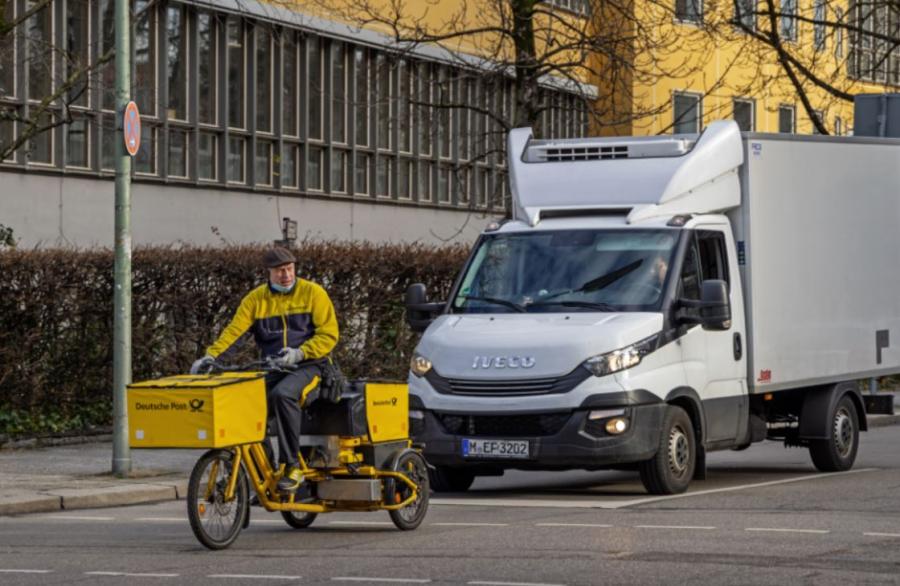
March 14, 2022 — The Urban Freight Lab announces the publication of a new Mapping the Challenges to Sustainable Urban Freight report, detailing the most significant challenges facing cities and companies to reducing carbon emissions in the last mile of goods delivery.
With funding from Amazon, the project analyzed the 58 largest, densest, fastest-growing cities in the U.S. and the cities of Montréal and Vancouver in Canada. To understand the most significant challenges facing each entity, researchers conducted a series of interviews with stakeholders: municipal agency officials involved in transportation, planning, sustainability, and economic development, employees of private-sector carriers, wholesalers, distributors, and vehicle manufacturers, and representatives of a labor organization.
The study suggests:
- More city planning is needed to move toward decarbonizing the final mile of delivery. Only five cities (Seattle, New York City, Portland, Washington, D.C., and Atlanta) have dedicated urban freight plans.
- Challenges facing cities center around a need for strong leadership, a lack of resources, and limitations on policy tools.
- Challenges facing companies relate to introducing and implementing new technologies and strategies while meeting existing customer expectations, specifically testing, piloting, and cost.
- Cities and companies need to coordinate and collaborate.
Read more:
About the Urban Freight Lab (UFL): The Urban Freight Lab is a structured partnership of academic researchers, public sector agencies, and private sector firms — shippers, retailers, tech providers, property owners, and manufacturers — working collaboratively to identify complex urban freight management problems and design solutions to make industry more efficient and cities more sustainable and livable.